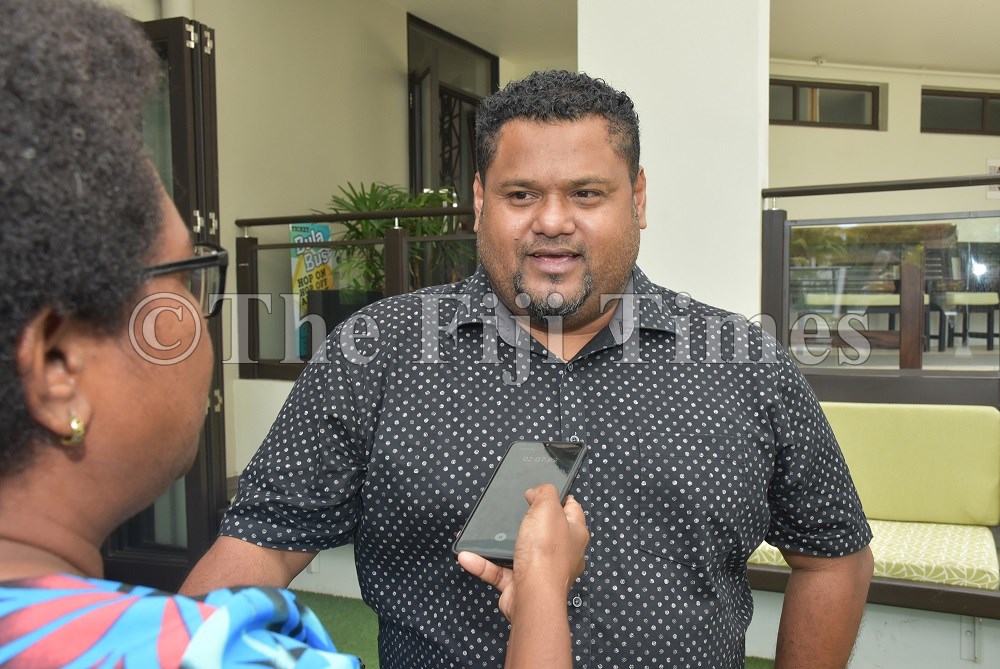THE Fiji Commerce and Employers Federation (FCEF) said it does not believe there has been meaningful consultation on the Work Care Bill (Bill Number 7 of 2025) and Accident Compensation Amendment Bill (Bill Number 8 of 2025).
In his submissions on the bills to the Parliamentary Standing Committee on Economic Affairs on Friday, FCEF chief executive officer Edward Bernard said the consultations were rushed.
“In late 2023, a paper was presented to National Occupational Health and Safety Advisory Board (NOHSEB) and Employment Relations Advisory Board (ERAB) seeking endorsement of the draft Work Care Bill,” Mr Bernard said.
“In July 2024 the Work Care Bill was shared with NOHSEB, but not with ERAB.
“In December last year, FCEF put pressure on the Ministry of Employment to release the draft Employment Relations Bill after our ERAP members were forced to sign non-disclosure agreements.”
Mr Bernard said the ministry finally released the Employment Relations Bill for public consultation in early January, “and at the same time, to our surprise, also the Work Care Bill.”
“Now, we had two bills to consider in 10 days, very early in the year when work and school had just started.
“It was only in March this year that both bills were presented to NOHSEB but again not to ERAB.”
Mr Bernard said the bills went to Parliament early this month.
“That is when we finally got to see what the final bills looked like and here we are today presenting before the committee.”
He said just like the Employment Relations Bill that was trying to find its way to Parliament, these bills were also rushed with no genuine consultations or adequate technical review.
Mr Bernard expressed FCEF’s concern about the 40 per cent of the 1 per cent FNU levy that would be transferred to the Employment Ministry should the Work Care Bill be passed.
“This 40 per cent, averaging $9million a year, needs to be used for the intended purpose and that is to invest in the upskilling of our employees.
“It never should have been used for injury compensation, just like the 50 per cent of the 1 per cent that should never have been used for free doctors.”



